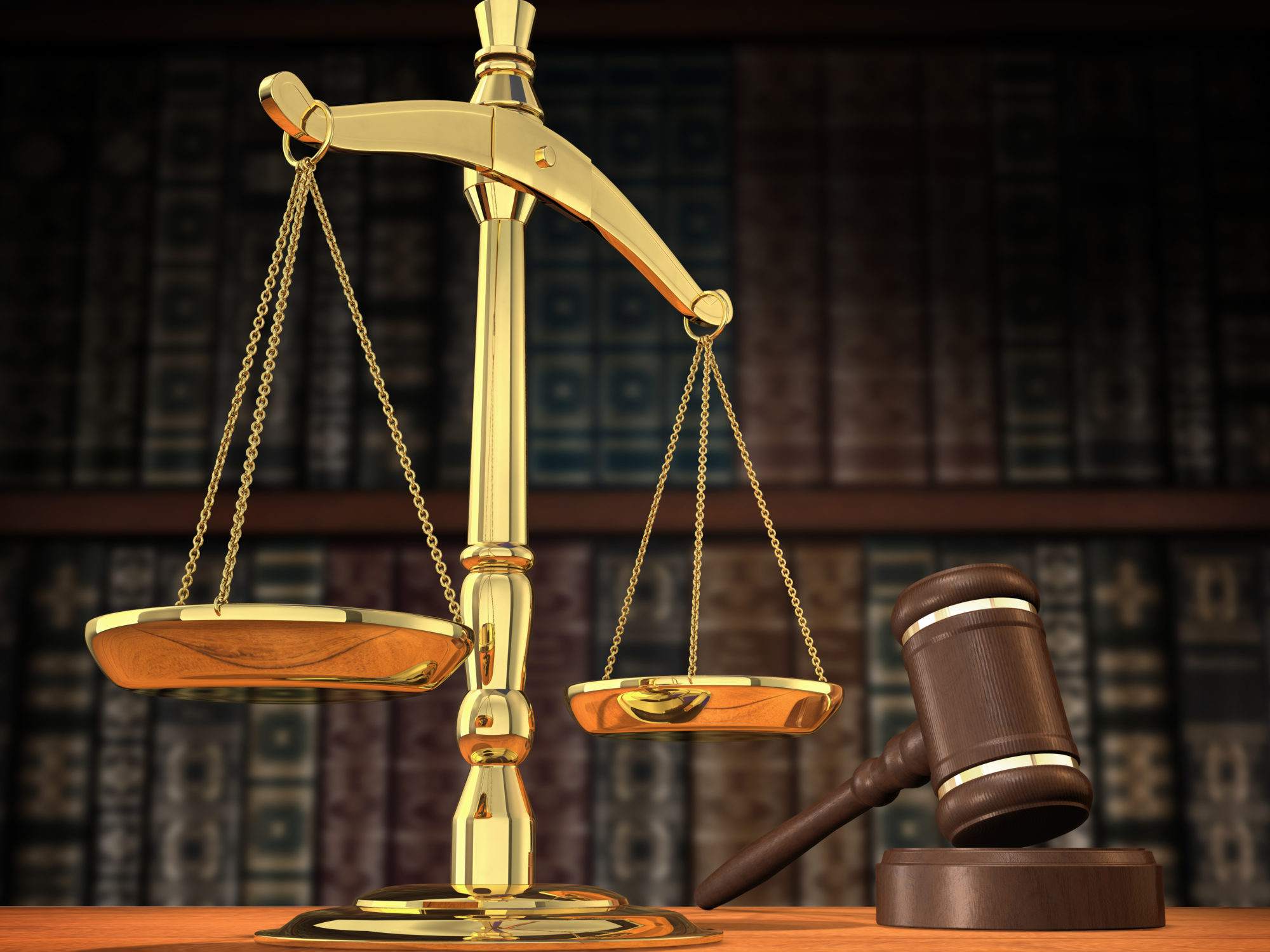On April 19, 2018, the Ohio Supreme Court decided the case of Bureau of Workers’ Compensation vs. Verlinger. This case involved a lawsuit filed by the Bureau of Workers’ Compensation against Loretta Verlinger and two insurance companies to recover payments made by the BWC in Ms. Verlinger’s workers’ compensation claim. Ms. Verlinger’s injuries resulted from a motor vehicle accident while she was in the course of employment. The Supreme Court found Ms. Verlinger and the insurance companies, with whom she negotiated a settlement, to be jointly and severally liable to the Bureau of Workers’ Compensation, due to their failure to notify the BWC of the settlement of Ms. Verlinger’s motor vehicle accident claim.
In 2003 the Ohio General Assembly enacted the present workers’ compensation subrogation statute. The statute provides that the BWC and self-insuring employers are subrogated for amounts of compensation and benefits paid in a workers’ compensation claim when the injuries were a result of the negligence of a third party. Pursuant to the statute, the claimant and the insurance company or third-party tortfeasor, must notify the Bureau of Workers’ Compensation or self-insuring employer in a self-insured claim, before settling the negligence action.
Ms. Verlinger was involved in a motor vehicle accident while traveling in the course and scope of her employment. She filed a workers’ compensation claim. Her claim was initially denied by the BWC based on a lack of evidence as to eligibility. Verlinger appealed that decision to the Industrial Commission. While her appeal was pending, she reached a settlement with the insurance companies for her motor vehicle accident. Subsequent to the settlement, the claim was ultimately allowed by the Industrial Commission of Ohio.
Verlinger argued that because her workers’ compensation claim was not allowed at the time of the settlement with the insurance companies, she was not liable. The insurance companies argued that because they were unaware of the workers’ compensation claim, they should not be held liable for the costs paid by the Bureau of Workers’ Compensation.
The Supreme Court correctly reasoned that Ms. Verlinger always maintained that her workers’ compensation claim was valid. The Court further held that Verlinger was indeed a claimant, as defined, at the time she settled with the insurance companies and as a claimant had a duty to notify the BWC prior to settling her motor vehicle accident claim. Ohio Revised Code Section 4123.931 provides that both she and the insurance companies are jointly and severally liable for the full amount of the BWC subrogation interest. The Supreme Court noted that although it may be unfair to hold the insurance companies liable without their knowledge of any subrogation rights, there would need to be a change in the statute, because as it is currently written, the General Assembly did not limit third-party liability.
In Verlinger, the Supreme Court again upheld the right of the Bureau of Workers’ Compensation and a self-insuring employer to recover payments made in a workers’ compensation claim when the employee also recovers from a third-party tortfeasor for the same injury. The Court correctly prevented an injured worker from receiving a double recovery. Although this decision is beneficial to an employer, it also should prompt employers to be on notice and inform parties of their right to subrogation.
Garvin & Hickey represents employers at all administrative hearing levels of the Industrial Commission, hearings before the Ohio Bureau of Workers’ Compensation and in injury and non-injury trials in all Ohio Counties. For more information, please contact Niki Kostakis Mitusev at 614-225-9000 or go to the firm’s website.
